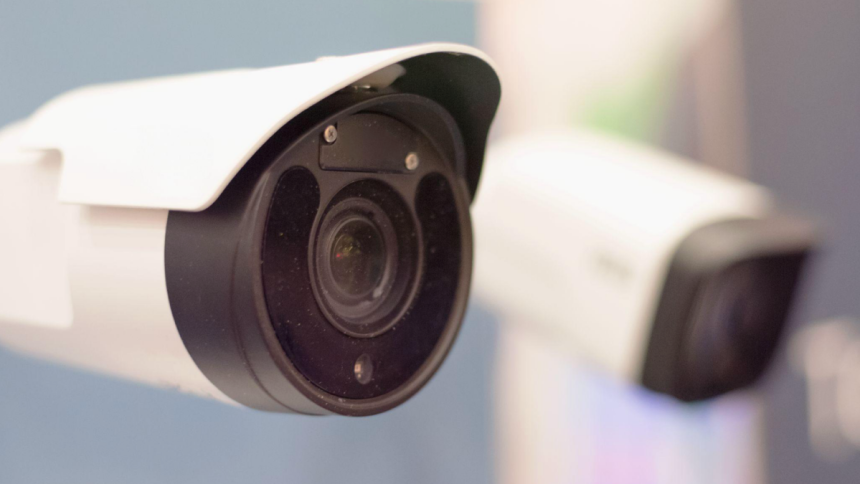Organizations, individuals and businesses prioritise security. Technology advancements have revolutionised security services, enhancing efficiency and effectiveness. Below is a discussion on anti-theft technology and its impact on the security landscape.
Security Services Evolution
Security services have existed since ancient times, but the modern era of security providers came into play in the early 19th century. It started with security firms employing security guards to patrol businesses and homes to deter crime. The 20th century saw the introduction of different and improved security systems like access control systems, alarms, CCTV cameras and anti theft devices.
The above technological advancements have significantly evolved and improved the effectiveness of security services, giving guards more time to respond, monitor and prevent threats. AI plays a big role in enhancing these technologies, particularly in data analysis and pattern recognition.
How Anti-Theft Technology Changed
Since its introduction, anti-theft technology has seen a significant transformation. Initially, alarms and locks were the primary defence against theft, but they offered less reassurance to users. Developments and advancements in different sectors introduced basic tracking and detection systems, helping in the recovery of stolen items.
Software solutions have changed anti-theft strategies in many ways. Early systems offered basic functionality, which were developed later to enhance overall security and reduce human involvement. The incorporation of advanced technologies like machine learning and artificial intelligence has accelerated the integration of complex tools to already existing systems to help combat theft.
Benefits of Anti-Theft Devices
Installing an anti-theft device in your store, whether large or small, is a proactive measure to protect against financial losses and safeguard investments. Stores, especially those with high-value/luxury items like jewellery, hold millions worth of items. These devices help mitigate vandalism and the risk of theft, showcasing your responsibility and commitment to store security.
Anti-theft devices are essential tools in fighting store theft. Sophisticated features and advanced tech are used to guarantee top security. With these systems in place, you can minimise security vulnerabilities and potential financial loss through theft. Therefore, when installing one, it’s important to understand the different types available on the market.
The system uses an alarm mechanism that sounds when an item leaves the store unpaid. It relies on AI and programming to detect whether items have been paid for, reducing the need for security guards at the exit. In addition to preventing shoplifting, some systems feature motion sensors to prevent break-ins. While human intervention is minimal, this technology helps security personnel ensure the safety of both property and people in the store.
The Future of Commercial Anti-theft Security
The future looks bright thanks to the fast-growing security industry. Continuous advancement in technology plays a major role in enhancing security capabilities. Leveraging innovations like machine learning, Internet of Things (IoT) and AI helps create comprehensive, proactive and sophisticated security solutions. As technology evolves, more effective and innovative security systems are expected to emerge.
Final Word
Technological advancements are revolutionising security services, making them more effective and efficient than before. Examples of anti-theft devices include alarm systems, surveillance cameras, access control and AI. By taking advantage of these technologies, individuals, organisations, and businesses can protect their property, employees, and customers from potential threats. Additionally, anti-theft devices improve the security officers’ effectiveness through effective monitoring and quick response to threats and ease of analysing possible threats.
Lynn Martelli is an editor at Readability. She received her MFA in Creative Writing from Antioch University and has worked as an editor for over 10 years. Lynn has edited a wide variety of books, including fiction, non-fiction, memoirs, and more. In her free time, Lynn enjoys reading, writing, and spending time with her family and friends.















